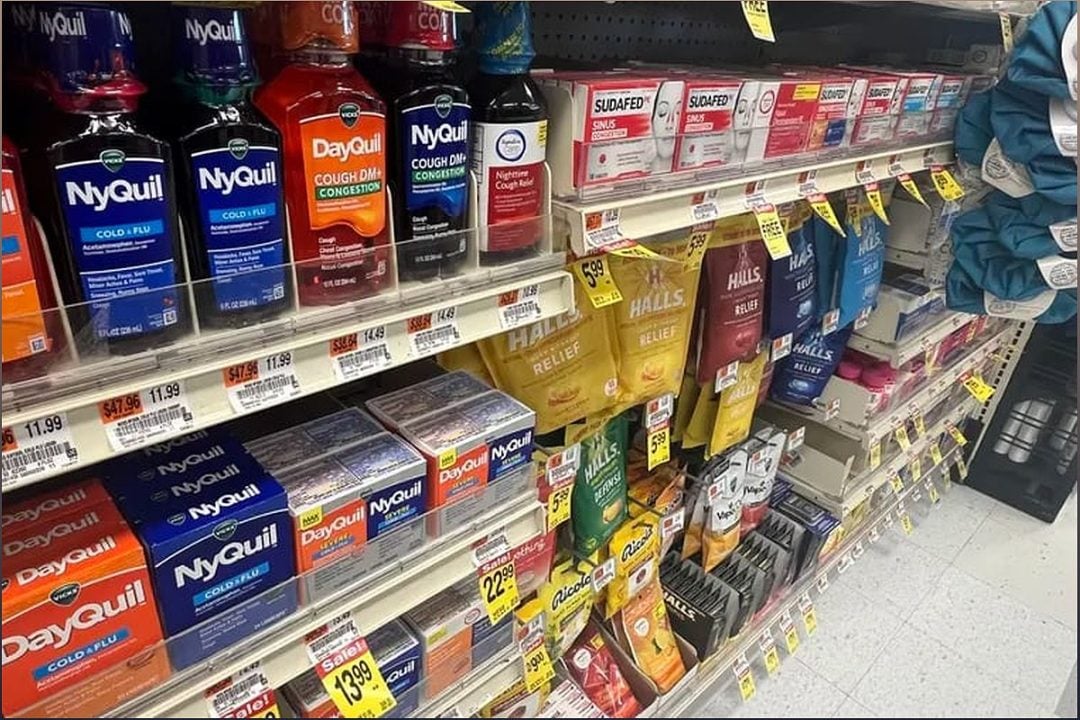Finding Effective Cold Remedies: Beyond Popular Medications
Are you searching for cold remedies that go beyond the usual popular medications? In this article, we’ll explore the recent government warning on the effectiveness of phenylephrine, a common ingredient in cold treatments. We’ll also discuss the efforts of doctors and pharmacists to help patients find alternative solutions. Join me as we dive into the world of cold remedies and discover effective options beyond the best-selling brand name drugs.
Understanding the Ineffectiveness of Phenylephrine
Explore the recent findings on phenylephrine and its limited effectiveness in treating cold symptoms.
Phenylephrine, a common ingredient in popular cold medications, has been found to be ineffective in treating cold symptoms. Despite its widespread use, recent government warnings have shed light on its limited effectiveness. Studies suggest that phenylephrine may not provide the relief it claims to offer.

When taken orally, phenylephrine does not effectively combat congestion and nasal pain. This has raised concerns among doctors and pharmacists, who are now urging patients to explore alternative options for relief. The ineffectiveness of phenylephrine has prompted a reevaluation of commonly relied upon brand name drugs.
Exploring Alternative Cold Remedies
Discover other options for relieving cold symptoms beyond popular medications.
If you’re seeking alternatives to the popular medications available for cold relief, you’re not alone. Many consumers are looking for effective remedies that go beyond the traditional options. Fortunately, there are several alternatives worth considering.
1. Natural Remedies:
Home remedies such as using honey to soothe a sore throat or rinsing the nose with saline can provide relief from cold symptoms. These remedies have been supported by research and offer a safe and effective option for managing colds.
2. Nasal Sprays:
Phenylephrine can still be effective when used in the form of a nasal spray. By directly interacting with nasal tissue, it can help reduce congestion and provide relief.
3. Decongestants:
Speak to your pharmacist about obtaining pseudoephedrine, a more effective decongestant. While it requires a conversation with a pharmacist, it can provide the relief you need.
By exploring these alternative cold remedies, you can find relief that goes beyond the limitations of phenylephrine and other popular medications.
The Importance of Reading Labels and Consulting Pharmacists
Understand the significance of reading labels and seeking advice from pharmacists when choosing cold remedies.
With the variety of cold remedies available, it’s crucial to read labels carefully and consult with pharmacists. Taking the time to understand the active ingredients and potential interactions with other medications or health conditions is essential for your well-being.
Pharmacists are highly accessible healthcare professionals who can provide valuable guidance. They can recommend suitable options based on your specific needs and advise on potential side effects or drug interactions. By involving pharmacists in your decision-making process, you can make informed choices about the cold remedies you purchase.
The Role of Combination Medications
Discover how combination medications can offer relief for multiple cold symptoms.
Combination medications like DayQuil and Advil Cold and Sinus can still provide relief for cold symptoms, even without the effectiveness of phenylephrine. These medications contain other active ingredients such as acetaminophen and ibuprofen, which can help alleviate fever, pain, and other discomforts associated with colds.
While they may not directly address congestion, they can still offer some relief for individuals struggling with a cold. However, it’s important to note that the effectiveness of these medications varies from person to person. It’s always advisable to read the labels and consult with healthcare professionals if you have any concerns or specific health conditions.
